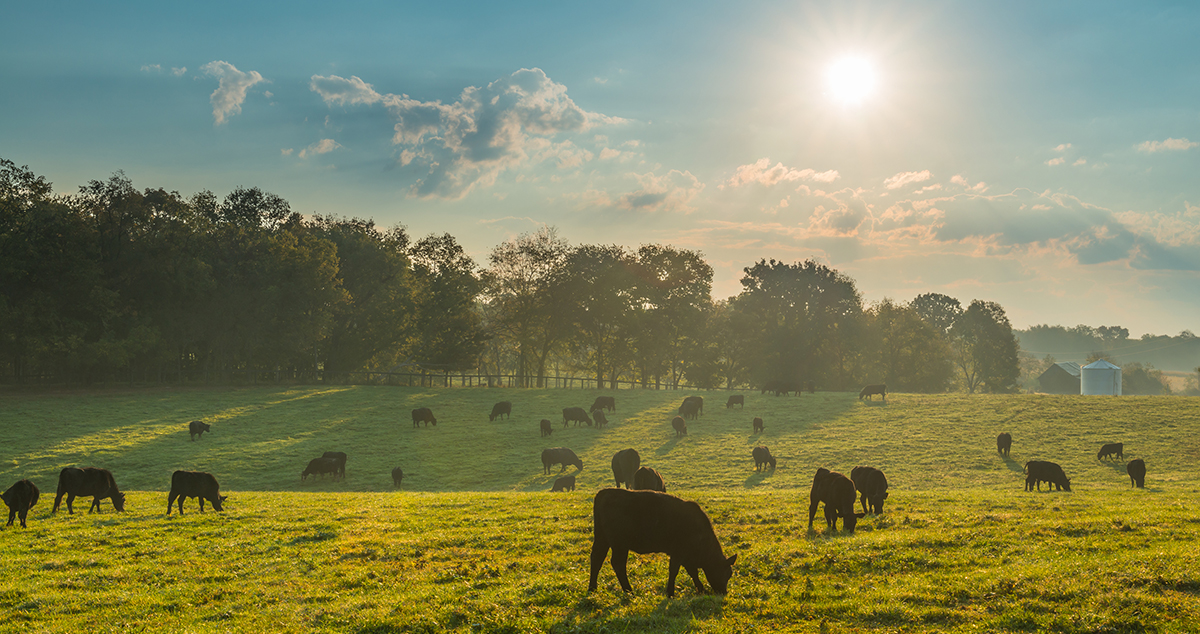AB Direct - Steers
Live: ---
Rail: ---
Rail: ---
AB Direct - Heifers
Live: ---
Rail: ---
Rail: ---
US Trade- Steers
Live: 225.00 (KN), 235.00 (IA)
Rail: ---
Rail: ---
US Trade - Heifers
Live: 225.00 (KN), 235.00 (IA)
Rail: ---
Rail: ---
Canadian Dollar
$73.33
0.04
0.04

March 10, 2021
Innovation & Technology
What We’re Reading | Moo-ving carbon: Cattle and the biogenic carbon cycle
Planet of Plenty by Lauren Harris
For years, cattle have carried the weight of the world in the climate change story — viewed as a major source of greenhouse gas emissions due to the methane they belch as well as digesting certain foods. While it’s true that beef cattle and dairy cows create methane, we need to consider that when combating climate change, it turns out that the impact of cattle-created methane may be lower than we think.
Why? Because that methane is actually recycled as part of a natural process known as the biogenic carbon cycle. And because of cattle’s — and other ruminants’ — role in that cycle, they have the potential to be a driving force in fighting climate change in the years and decades to come.
